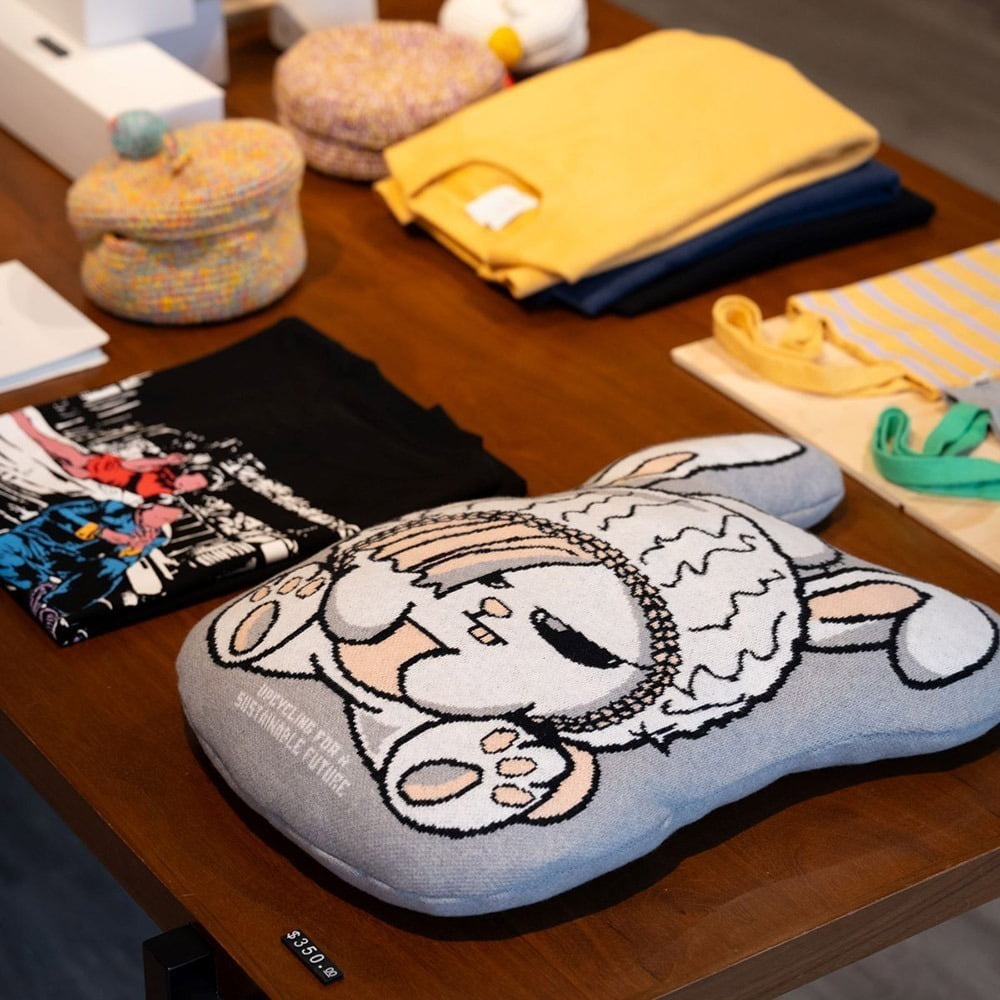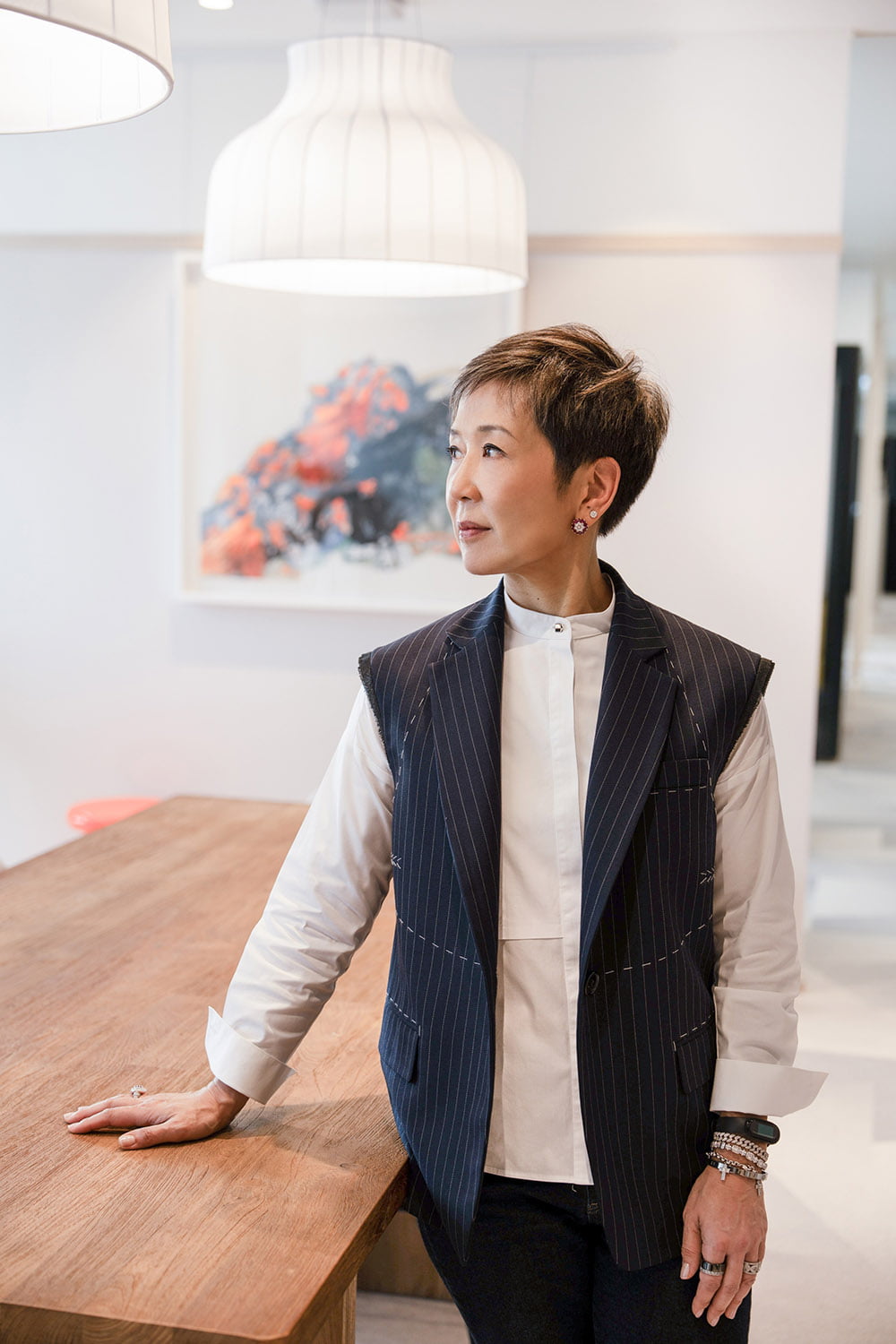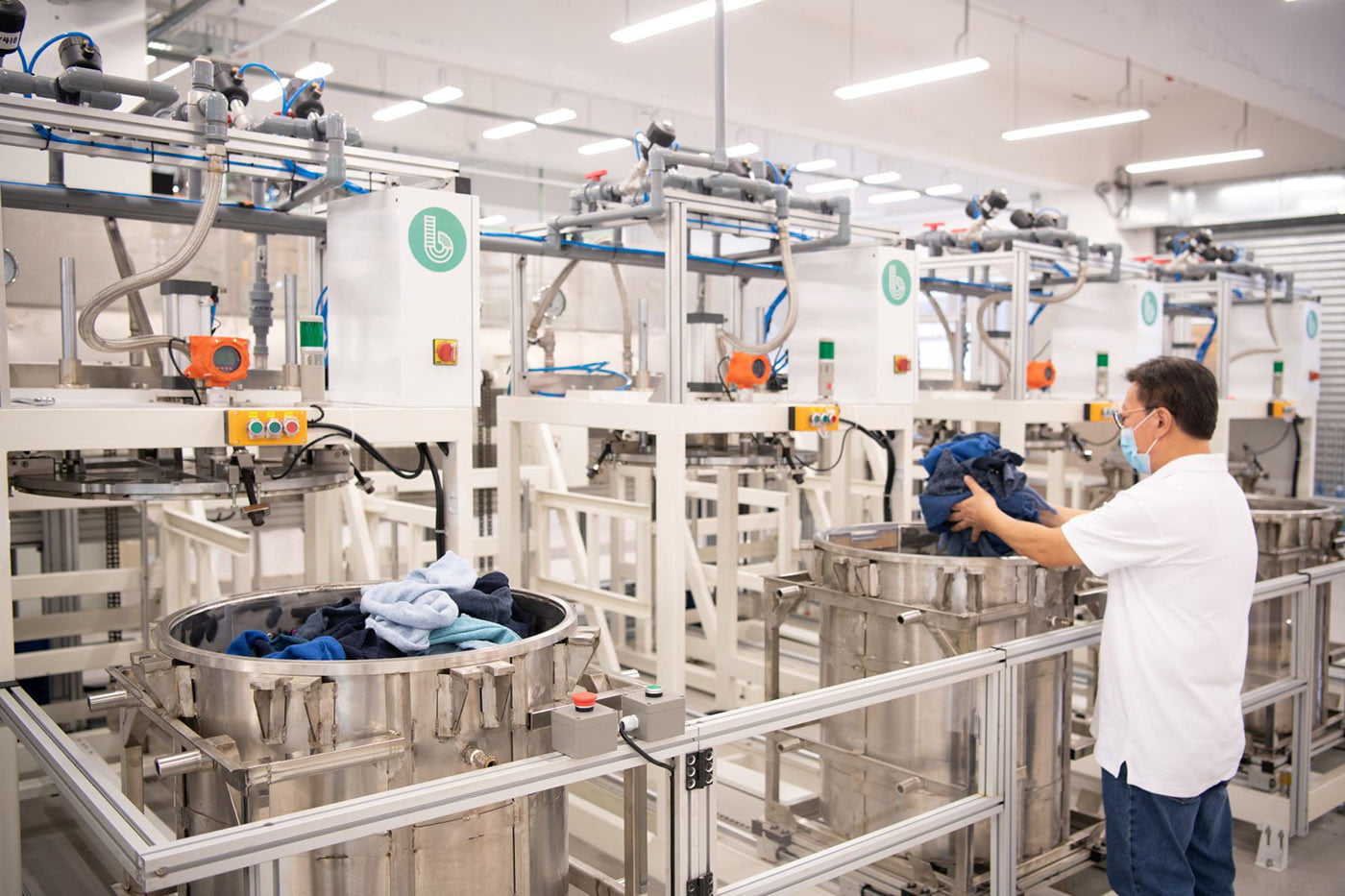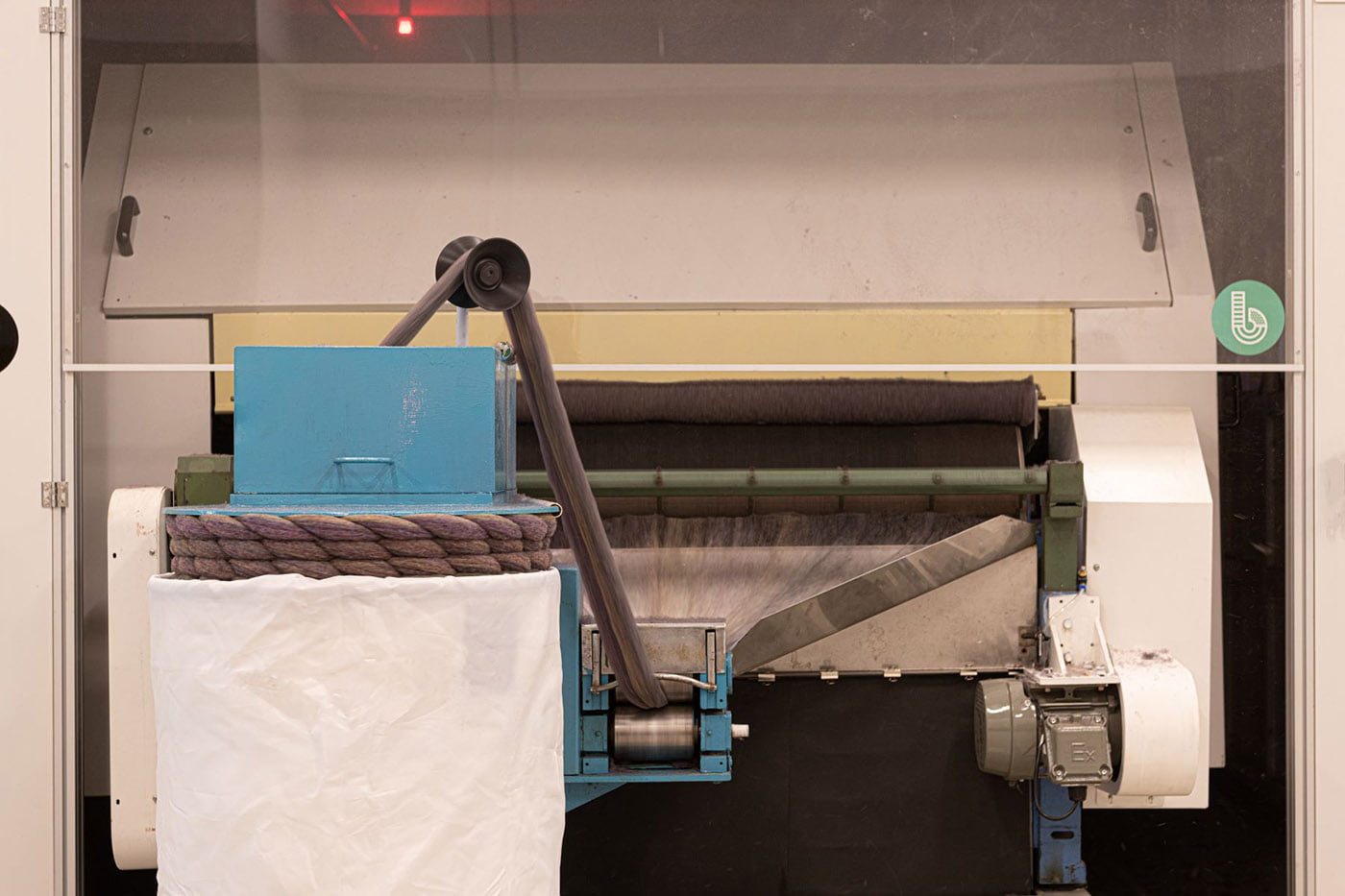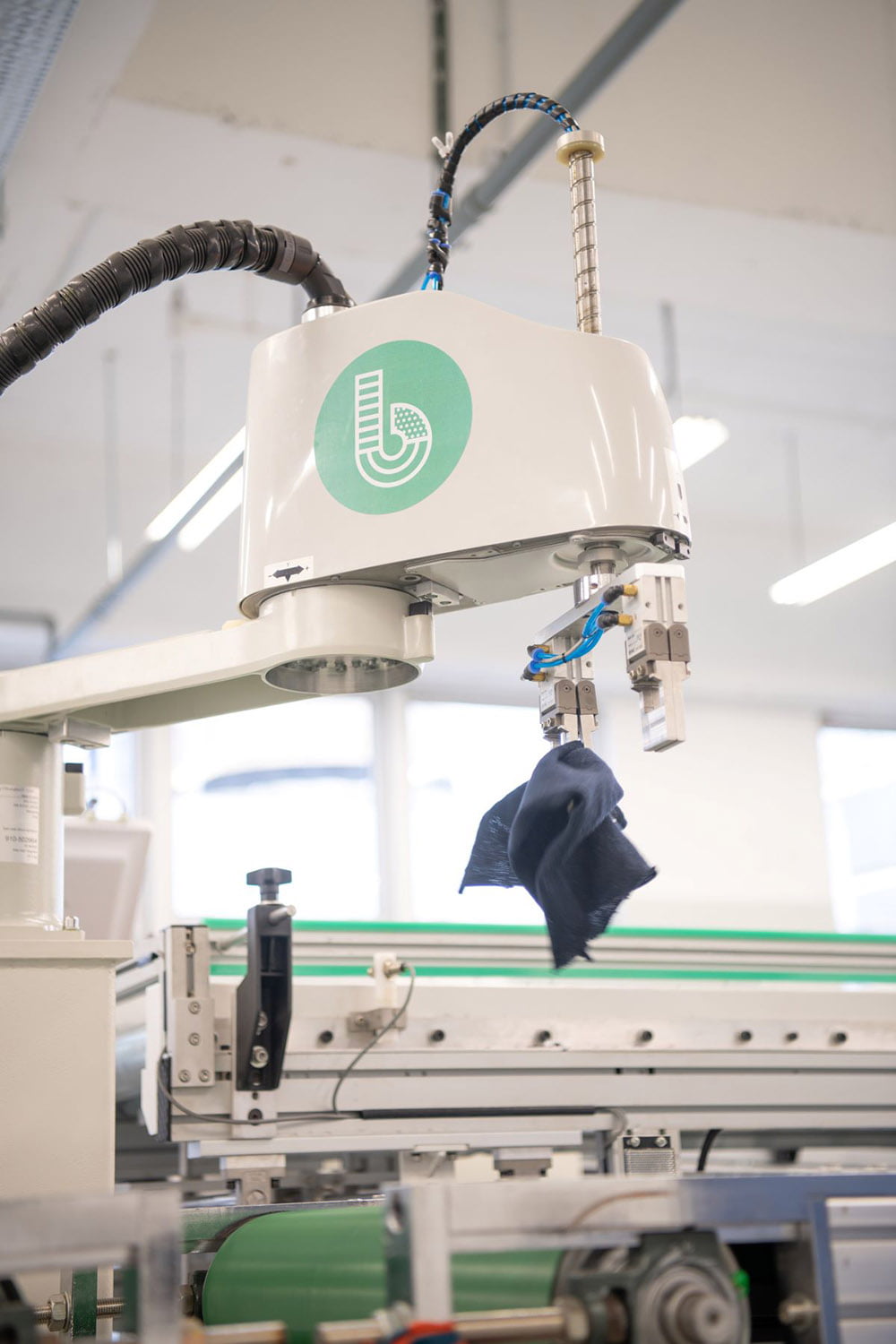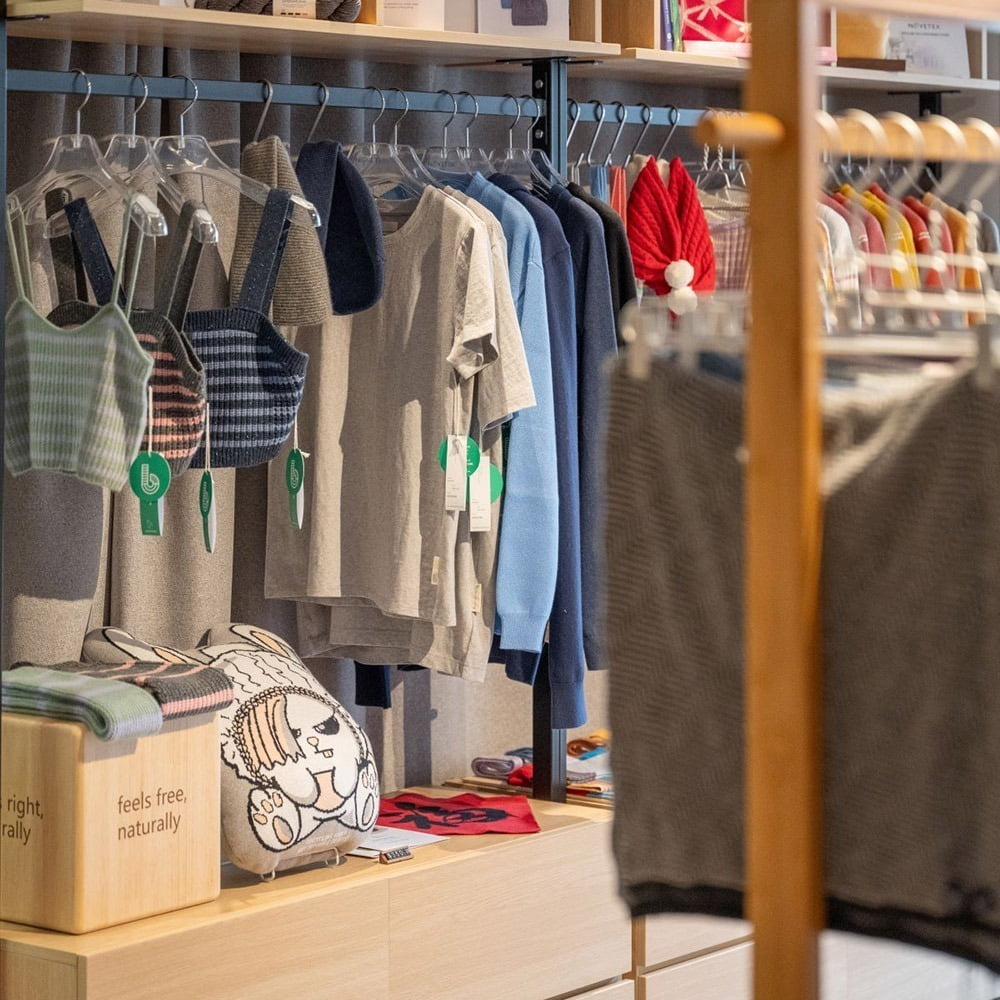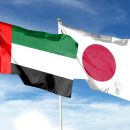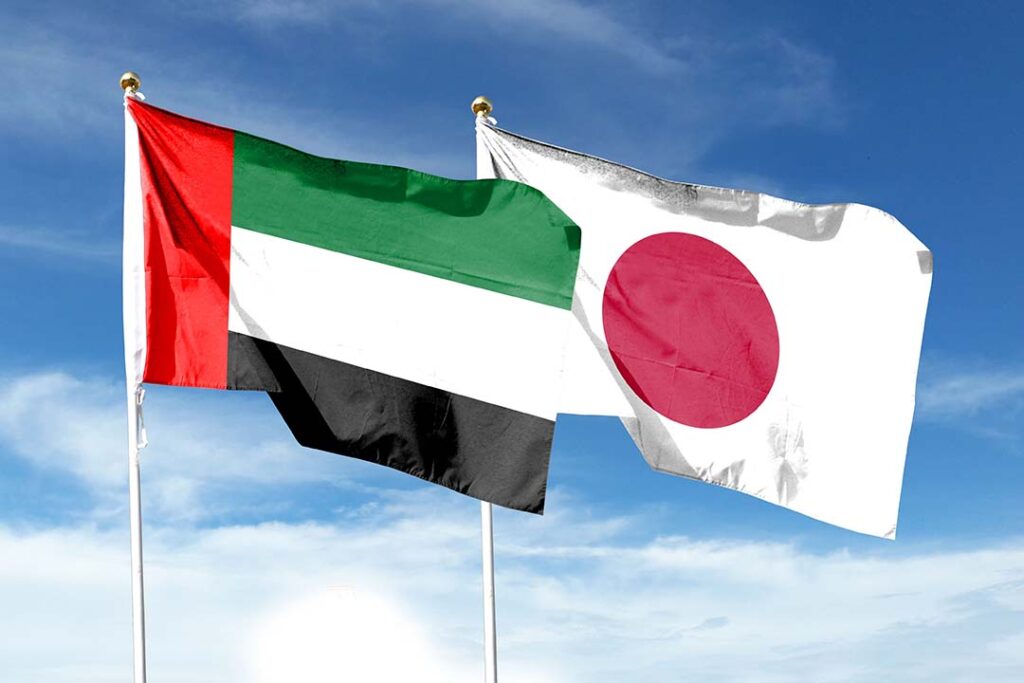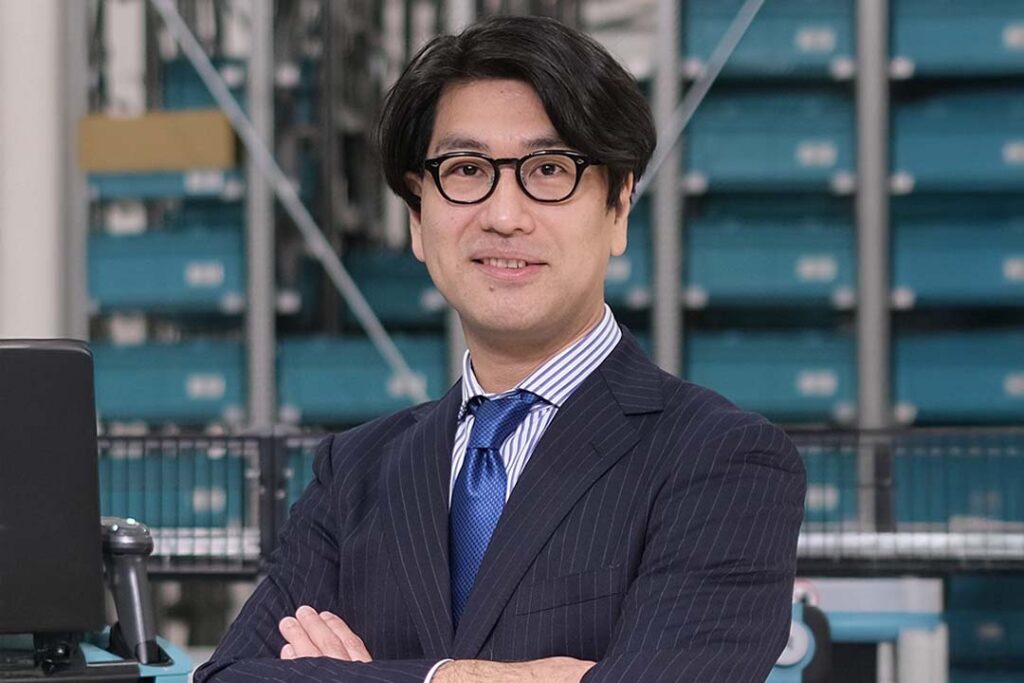As CEO of Novel Investment Partners Limited, Chairman of Novetex Textiles Limited, and a Director of Novelpark Investments Limited, dynamic and driven businesswoman, Ronna Chao, certainly has a lot on her plate. But Ms. Chao handles it all with gumption and grace, in equal measure, and the drive and determination that come from a deeply-seated passion for her industry.
A third generation member of a textile family, Ms. Chao’s lineage boasts a storied history of trade between Hong Kong and Japan, tracing back to her grandfather’s foray into the textile industry and her father’s formative education in Tokyo. Professionally, her engagements with many Japanese apparel brands highlight the role she and the company play in fostering cross-border collaborations. Moreover, her commitment to sustainability shines through initiatives like the Billie System, a pioneering upcycling technology developed in collaboration with the Hong Kong Research Institute of Textiles and Apparel.
As she navigates the intricate landscape of investment, Ms. Chao emphasizes the importance of integrating sustainability considerations, albeit within the overarching framework of financial viability. Looking ahead, she advocates for deeper synergies between Hong Kong and Japan, envisioning novel avenues for collaboration beyond traditional sectors. Through her multifaceted efforts and initiatives, she champions the exploration of untapped opportunities and the cultivation of enduring partnerships, underscoring the well-established bonds between two dynamic economies.
In this exclusive interview with Bridges, Ms. Chao delves into her rich history with Japan, her varied business endeavors, initiatives towards the green transition, and the continued collaboration between Hong Kong and Japan.
Bridges: Please provide background on your business and relations with Japan.
Ronna Chao: I was invited last year to join the Hong Kong-Japan Business Cooperation Committee, chaired by David Chiu, a longtime family friend. He and his wife graduated from Sofia University and are friends of my parents. David, who is also involved with the Trade Development Council, asked me to join to share insights into my personal and business relationships with Japan.
My family’s connection with Japan dates back to my grandfather and father. My grandfather, a small merchant from Shanghai, brought his family to Hong Kong in the 1940s. He started in the textile business somewhat accidentally after a trade deal involving spindles from the UK to Taiwan fell through, and he decided to use the spindles to set up his own factory.
My father was sent to Japan for education, despite initial reluctance due to language barriers and Japan’s post-war condition. After a year of what we now refer to as “full language immersion” living and learning with Japanese and other Asian students, he ended up at the University of Tokyo. His experience in Japan, along with his education in the US, equipped him to help my grandfather develop the Japanese market for our business.
As children, we often visited Japan and were exposed to Japanese culture through vacations and the influence of Japanese entertainment in Hong Kong. I continued this connection by studying at Keio University and living with a Japanese family, which enriched my cultural understanding.
Professionally, my work as a Licensing Manager with Tommy Hilfiger in 1991 marked the start of my business dealings with Japan as Itochu was our first international licensee. The yarn business caters mainly to global customers, many of whom are Japanese fashion and apparel brands. As for the investment side, we have also had significant Japanese exposure through real estate projects and private equity funds.
Hong Kong and Japan have a long history of mutual influence, especially in music, movies, and fashion.
Ronna Chao, CEO of Novel Investment Partners Limited, Chairman of Novetex Textiles Limited, and Director of Novelpark Investments Limited
On the non-business front, Bai Xian Asia Institute’s Asian Future Leaders Scholarship Program, now in its 10th year, was established based on my father’s belief in the value of inter-cultural understanding and friendship building among young people. The program has eight partner universities across Japan and Greater China, and has to date supported over 650 students to pursue their undergraduate and graduate education.
Tell us about Hong Kong’s green transition and your own initiatives in this regard.
The Billie System is a patented system for upcycling natural fiber textile waste, developed due to our reflections on our manufacturing processes at our factory in Zhuhai, China. Excess inventory and textile waste are common issues in manufacturing, and we sought to recapture the value of this waste through upcycling.
We collaborated with Hong Kong Research Institute of Textiles and Apparel to create this system, processing textile waste back into fiber, which can further be spun into yarns. Despite initial high hopes, we have faced challenges in gaining traction with fashion brands, which are still very cost-focused. However, we have found success with non-fashion partners like hospitality businesses and schools.
The Billie System’s advocacy and partnerships are crucial as we promote sustainability, despite not being highly profitable. Our commitment to this cause is driven by the belief in the importance of sustainable practices and the patience required to see this movement grow.
In your capacity as CEO of Novel Investment Partners Limited, how do you integrate sustainability considerations into your investment strategies? Do you have any relations with Japanese partners in this business?
While we don’t have a specific mandate for sustainable investments, we do consider opportunities in clean tech and clean energy. Our primary focus remains on returns, but we occasionally invest in material science and other sectors that align with sustainability.
We’ve been managing investments systematically since 1996, ensuring a balance in our portfolio to reinvest returns effectively. Sustainable investments are still in their infancy, and while we explore such opportunities, our main criterion remains the potential for return.
What are your views on how Hong Kong and Japan can continue to work together in various sectors and areas of importance? Are there any specific strategies or initiatives you believe can further enhance collaboration between both?
Hong Kong and Japan have a long history of mutual influence, especially in music, movies, and fashion. Hong Kong artists had a significant following in Japan, and Japanese culture has deeply influenced Hong Kong. This connection remains strong, with many Hong Kongers studying Japanese out of pure interest.
Japan is one of Hong Kong’s top trading partners, especially in food imports. Despite political tensions, the strong cultural and business ties between the two regions continue to thrive. Mainland China also has a strong connection with Japan, with many Chinese students eager to study there.
To enhance collaboration, it’s important to focus on non-traditional sectors and explore new opportunities beyond the usual suspects. Through our investments in Japanese private equity and property, we’re learning from our partners and expanding our reach.
Japan is one of Hong Kong’s top trading partners, especially in food imports. Despite political tensions, the strong cultural and business ties between the two regions continue to thrive.
At the civilian and business level, fostering more exchanges, especially during tense times, is crucial. The Hong Kong-Japan Business Cooperation Committee can lead the way by exploring potential connections with unconventional companies and entrepreneurs to reflect the changing world and strengthen our ties.

